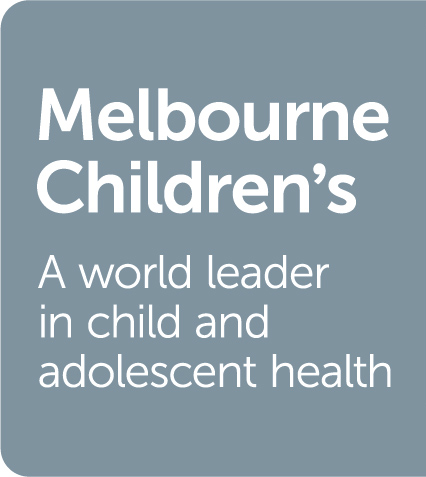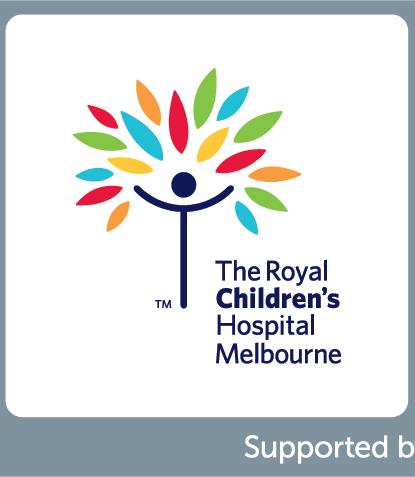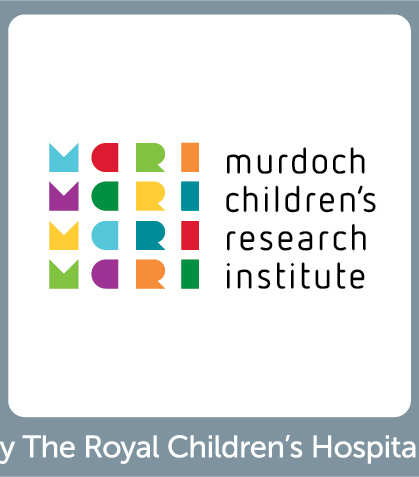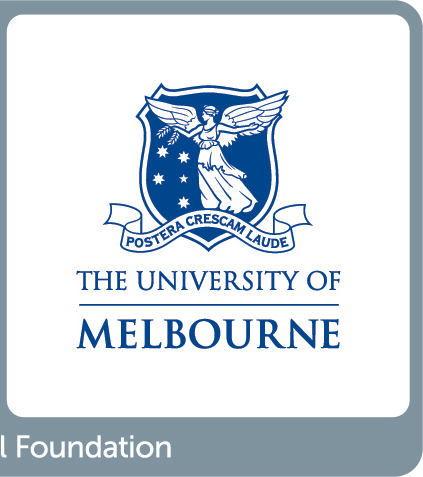September 2023

Join our Campus Mental Health Strategy Research Journal Club!
What is the Strategy Journal Club?
The Strategy Research Journal Club is a forum for all Melbourne Children’s Campus staff to come together and discuss current research in the child and adolescent mental health arena.
What happened in the August Journal Club?
We were very excited to see new and returning faces from across campus at our August journal club last Tuesday! The open-access article we discussed covered cross-cohort changes in parent-reported emotional problem trajectories.
This paper found evidence of population-level change – emotional problems arise earlier, get worse faster, and are more likely to continue throughout adolescence in the modern cohort (2000 vs 1991).
What does this mean? We discussed implications of these findings for research and clinical practice, including increased awareness of early childhood emotional problems, the limits of reliable early detection, and the potential benefits and drawbacks of parent-report measures.
The Melbourne Children’s Campus has multiple large and well-defined cohorts including the Child to Adult Transition Study (CATS) and GenV. These cohorts will track mental health outcomes to reveal much more about emotional problem trajectories in children and adolescents growing up in Australia today.
How do I join the next Club meeting?
Join us for our next Journal Club on September 27 at 2pm-3pm where we will delve into 'Psychiatric disorders in paediatric-onset immune-mediated inflammatory diseases: a nationwide Danish study'.
Please note, this article is not open access for all campus staff. To access the article please contact CMHS@mcri.edu.au.
Zoom meeting link:
https://mcri.zoom.us/j/69564227147?pwd=TTB1V09VZ1RkRU01WFY0OTFNTGZpZz09
Meeting ID: 695 6422 7147
Passcode: 413532
To sign up to the mailing list and receive updates, please contact the team at CMHS@mcri.edu.au.
Acknowledgement of Country



At Mental Health Central we acknowledge the traditional custodians of the land on which we live, gather and work. We recognise their continuing connection to land, water and community. We pay respect to Elders past, present and emerging.



